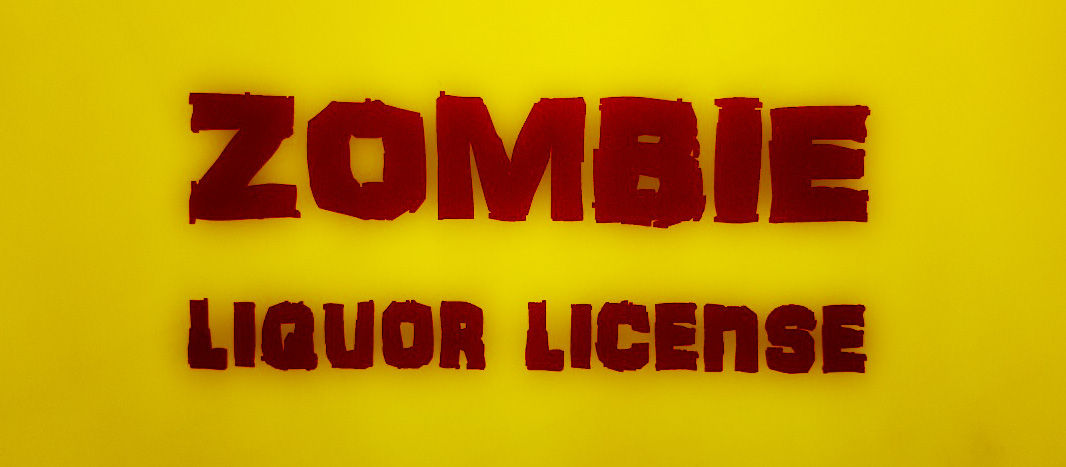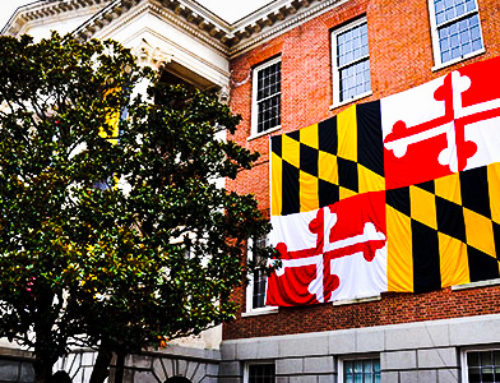View by Topic
Recent Articles
-
EPA Will Keep Current Limits for “Forever Chemicals” in Drinking WaterSaturday, May 24th, 2025
-
Court Indefinitely Pauses SEC Climate Rule LitigationSaturday, May 17th, 2025
-
Maryland is About to Regulate Mold But is the Cart Before the HorseSaturday, May 10th, 2025
-
New Environmental Laws from the 2025 Maryland Legislative SessionSaturday, April 26th, 2025
View by Month/Year
“Green Building Law Update” Headlines
Recent Articles & News from
Stuart Kaplow’s blog
at GreenBuildingLawUpdate.com
- EPA Will Keep Current Limits for “Forever Chemicals” in Drinking Water May 25, 2025
- Court Indefinitely Pauses SEC Climate Rule Litigation May 18, 2025
- Maryland is About to Regulate Mold: But is the Cart Before the Horse? May 11, 2025
- BEPS Redux: The Most Far Reaching Environmental Legislation of the 2025 Maryland General Assembly May 4, 2025
Subscribe to the Green Building Law Update!
Stuart Kaplow brings his expertise and extensive experience to the table with his unique digital publication, "Green Building Law Update". Subscribers receive regular updates to keep them informed about important issues surrounding Environmental Law, Green Building & Real Estate Law, as well as the emerging demand for Environmental Social Governance (ESG).
Get fresh content through the lense of Stuart Kaplow's cutting-edge expertise, innovative commentary and insider perspective. Don't miss another issue! Subscribe below.

Zombie Liquor License is Really Dead
Nancy Hudes and I are collaborating through Regulatory Solutions Consultancy, LLC, a new consultancy positively leveraging constraints and finding advantages in the licensed beverage industry. If we can assist you with the due diligence to verify that a liquor license is alive or otherwise in dealing in matters of alcoholic beverage law, do not hesitate to give us a call.
The transfer of a liquor license in Baltimore City often involves issues of life and death, and in some instances, zombies and phantoms.
A recent decision by the Maryland Court of Special Appeals is instructive as to when a liquor license is really dead.
The 25 page decision is not for the faint of heart but is important for anyone acquiring a liquor license.
The Maryland appellate court explains at the beginning of the opinion, .. a zombie is defined as “the supernatural power according to voodoo belief may enter into and reanimate a dead body.” And the opinion goes on to make the distinction that a phantom is defined as “something (as a specter) apparent to sense but with no substantial existence.” Both are used as slang terms to refer to a liquor license that has been permitted by a local liquor board to survive, for transfer purposes, beyond the statutory expiration period.
Notwithstanding the extensive procedural history of this case, the dispositive facts were not in dispute. Turner’s, an establishment in Federal Hill, closed for business on July 11, 2009. The first application to the Baltimore City Liquor Board to transfer the liquor license was filed on June 19, 2009. That application was approved by the Board on July 23, 2009. There was little is any activity for a period of time. On February 25, 2013, a second application for transfer and expansion was filed. The original intent was to transfer the license to 1100-06 South Charles Street. Later, it was planned to expand and utilize the license at the original East Cross Street premises.
The appellate court read the state law that applies to Baltimore City, Article 2B Section 10-504(d)(2)(i) providing that an alcoholic beverage license shall expire 180 days after the holder’s business has closed or ceased alcohol sales, unless: “An application for approval of a transfer to another location or an application for assignment to another person pursuant to § 10-503(d) of this subtitle has been approved or is then pending.”
(2) 180 days after the holder of any license issued under the provisions of this article has closed the business or ceased active alcoholic beverages business operation of the business for which the license is held, the license shall expire unless:
(i) An application for approval of a transfer to another location or an application for assignment to another person pursuant to § 10-503(d)[13] of this subtitle has been approved or is then pending;
(ii) An application pursuant to § 10–506[14] of this subtitle has been approved or is then pending; or
(iii) A written request for a hardship extension, as provided in this subsection, is filed within the 180–day period.
(3) The licensee or other appropriate interested parties may make a written request to the Board for an extension of the life of the license due to undue hardship, for a time period of no more than a cumulative period of 360 days after the date of closing or cessation of alcoholic beverages business operations of the business for which the license is held.
In its April 26, 2017 opinion, the appellate court held, the plain language of the statute supports the Liquor Board’s conclusion that the license had “expired.” The closing of Turner’s in July of 2009 triggered the 180 day rule (“180 days after the holder of any license . . . has closed the business or ceased active alcoholic beverages business operations . . . the license shall expire[.]” Article 2B, §10-504(d)(2)).
The protestants in the proceedings below called as a witness former Senator George Della, who had sponsored the 2000 legislation creating Article 2B § 10-504(d), which is commonly referred to as the “180 day rule.” According to Senator Della:
It basically says [a] license can remain dormant for 180 days. And then if there’s a hardship, then that licensee can come back to the [B]oard and make their case, if they’re in a hardship situation. And then the Board could then grant them another extension of 180 days. ..
Beyond that, if they don’t activate that license, that license is dead. That’s what the legislative intent is behind the 180 day rule. And the Board knew it.
Curiously, and despite that the license would have been considered dormant as of October 17, 2011, possibly in a last grasp for life, it appears that the contract purchasers filed their first and only request for a hardship extension in a letter dated August 13, 2014?
In sum, the Board correctly determined that the license had expired. And, neither the approved but uncompleted transfer nor the Board’s subsequent renewals of the license could imbue it with new life.
You can read Board of Liquor License Commissioners for Baltimore City v. Austin here.









